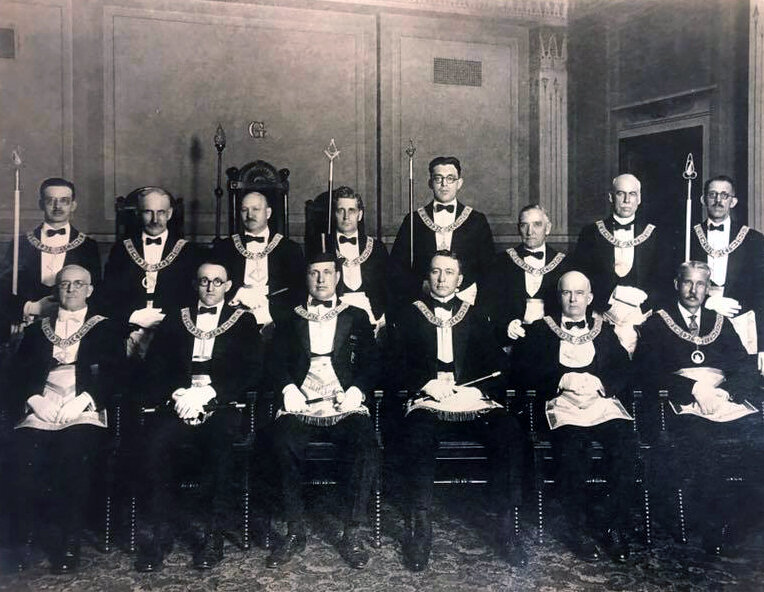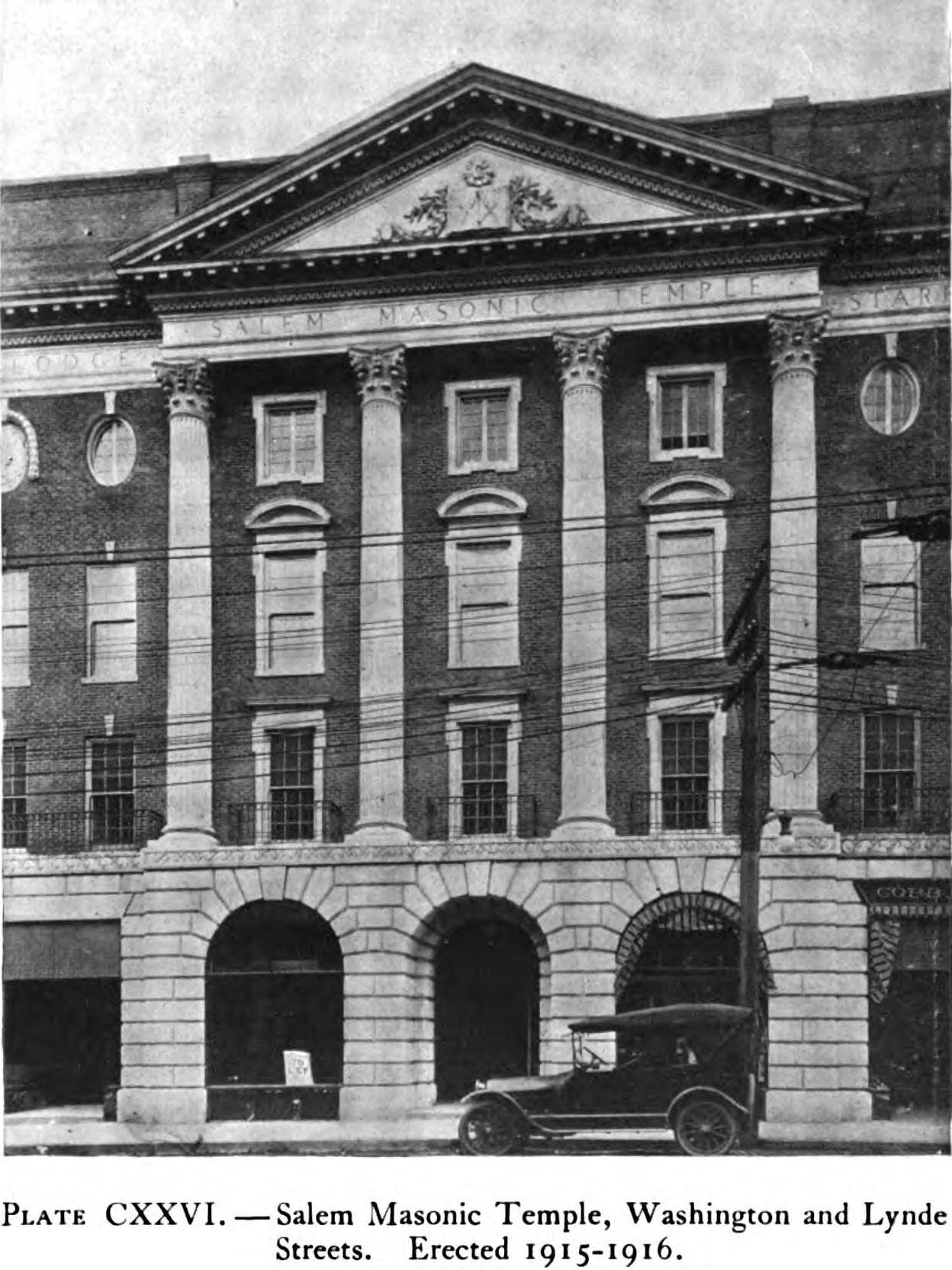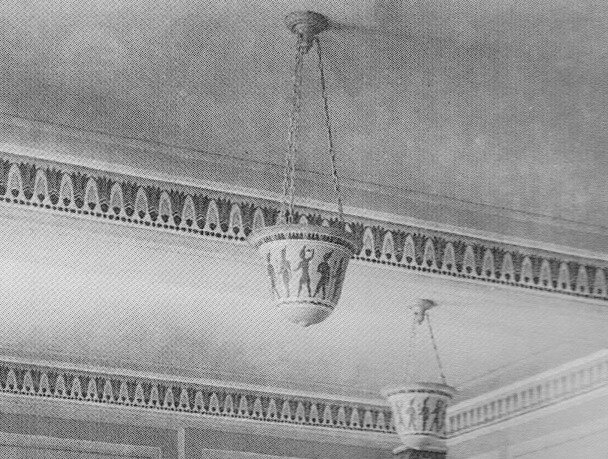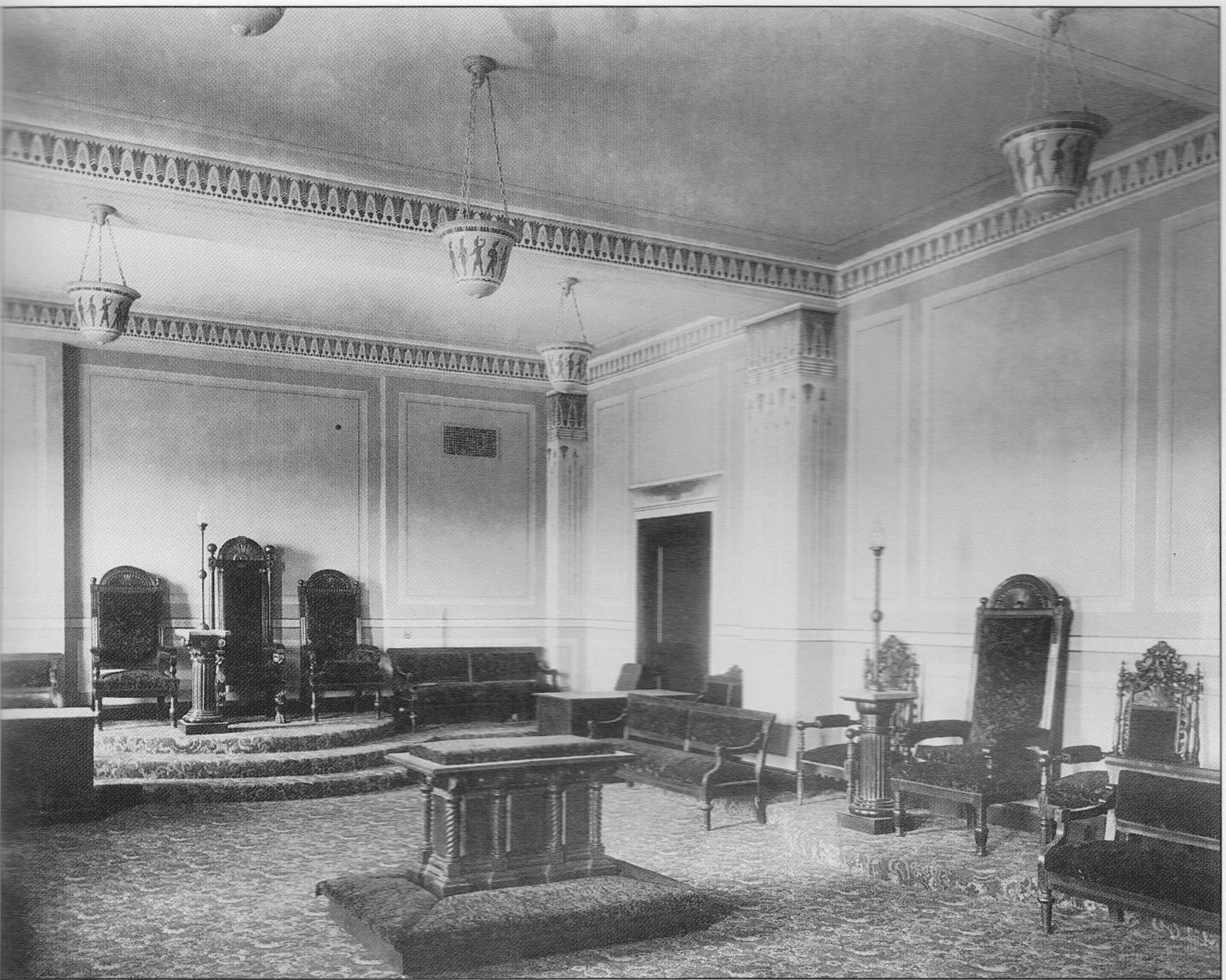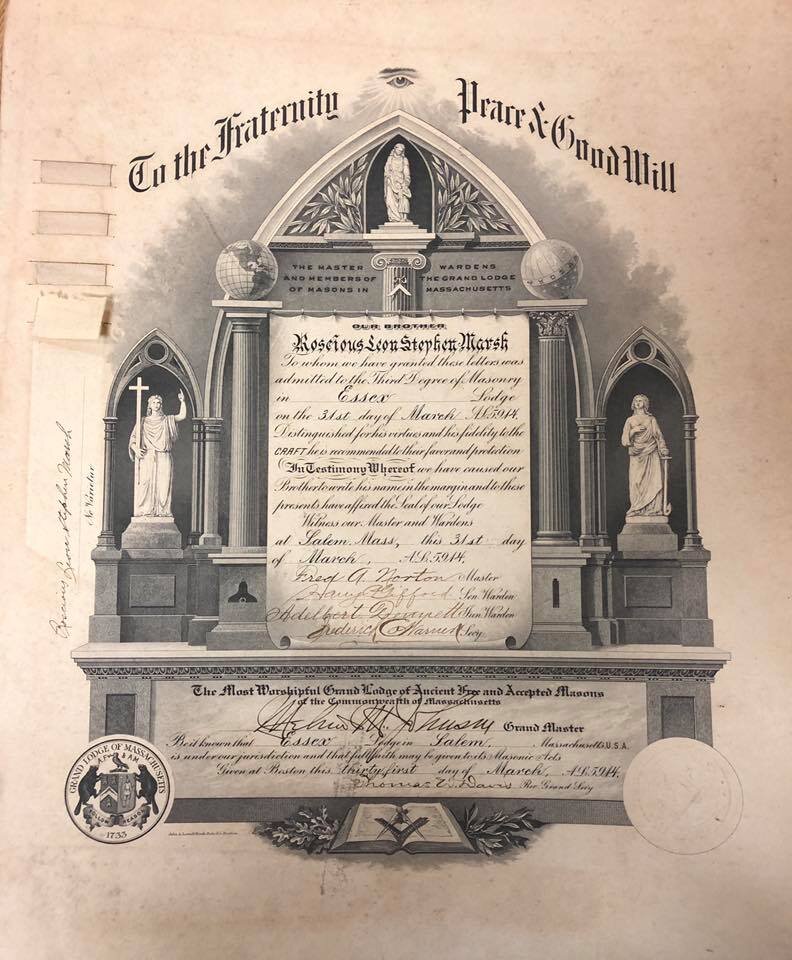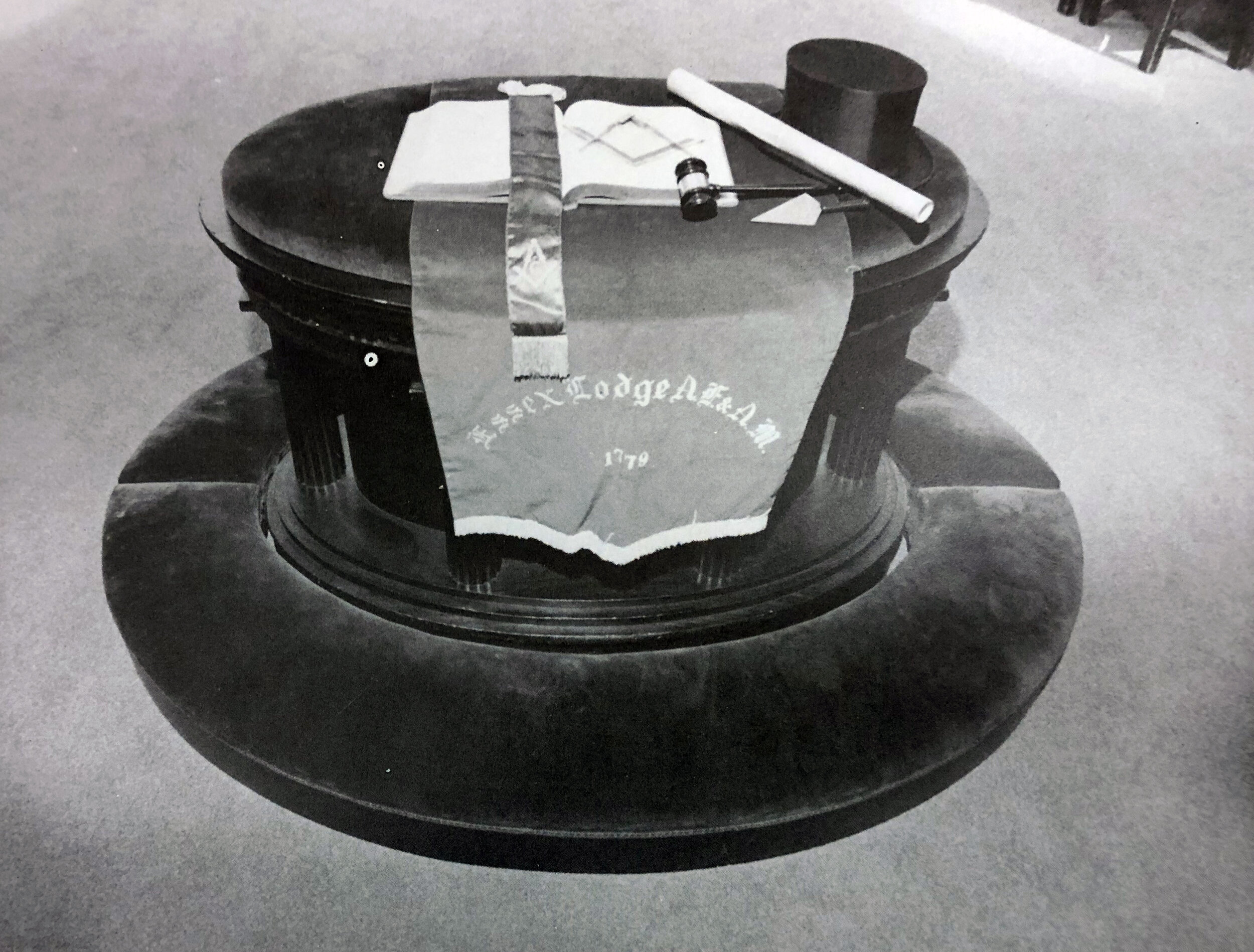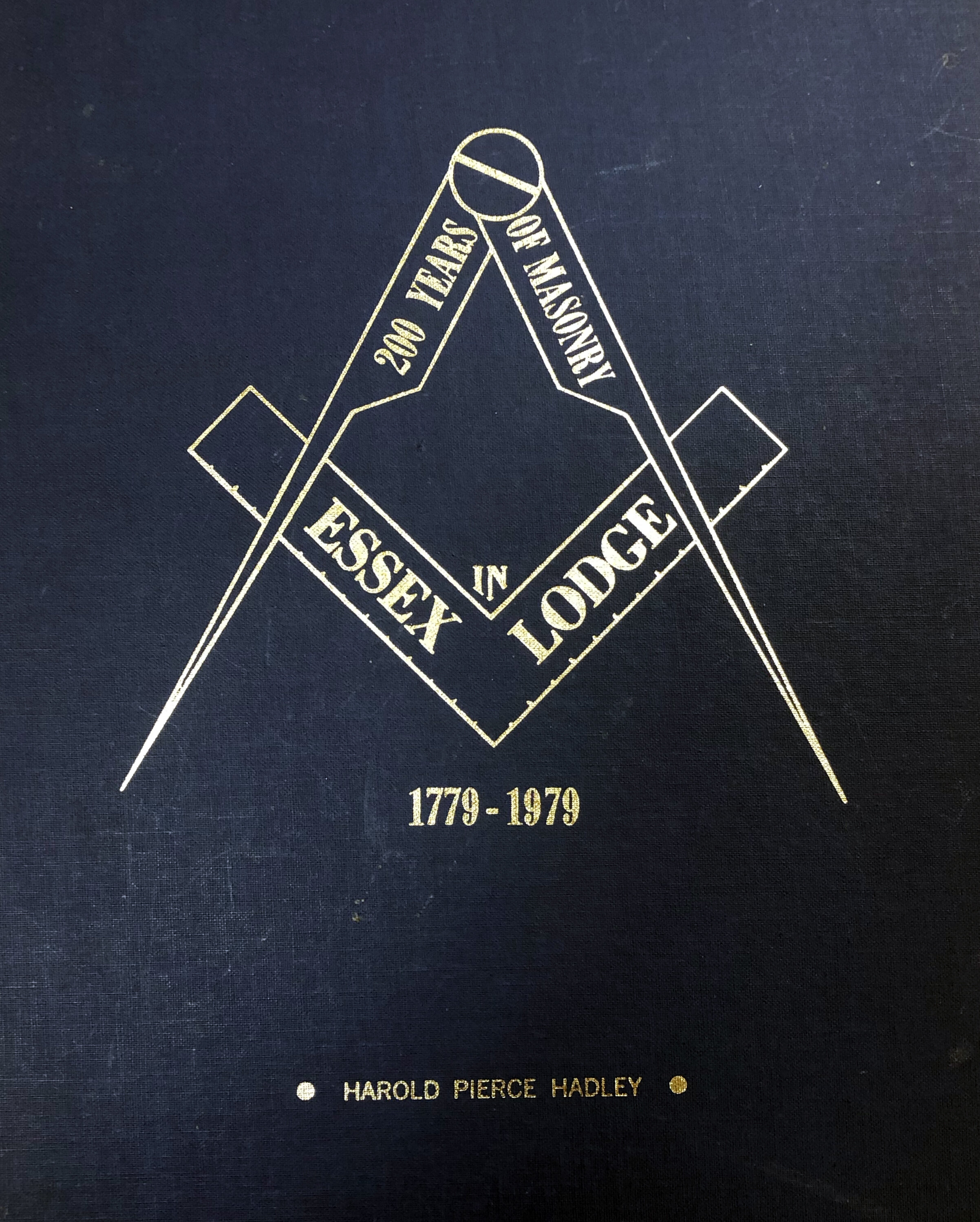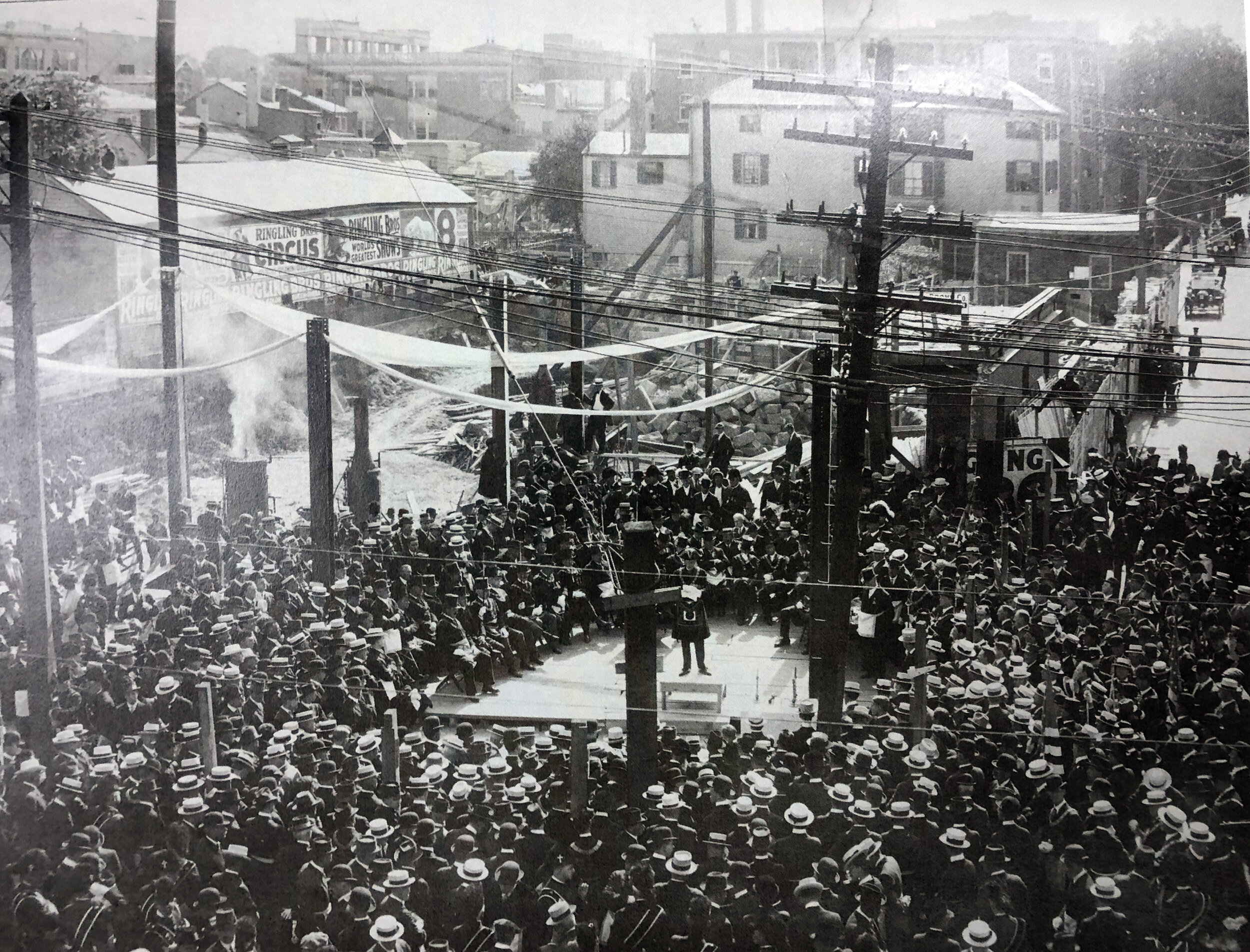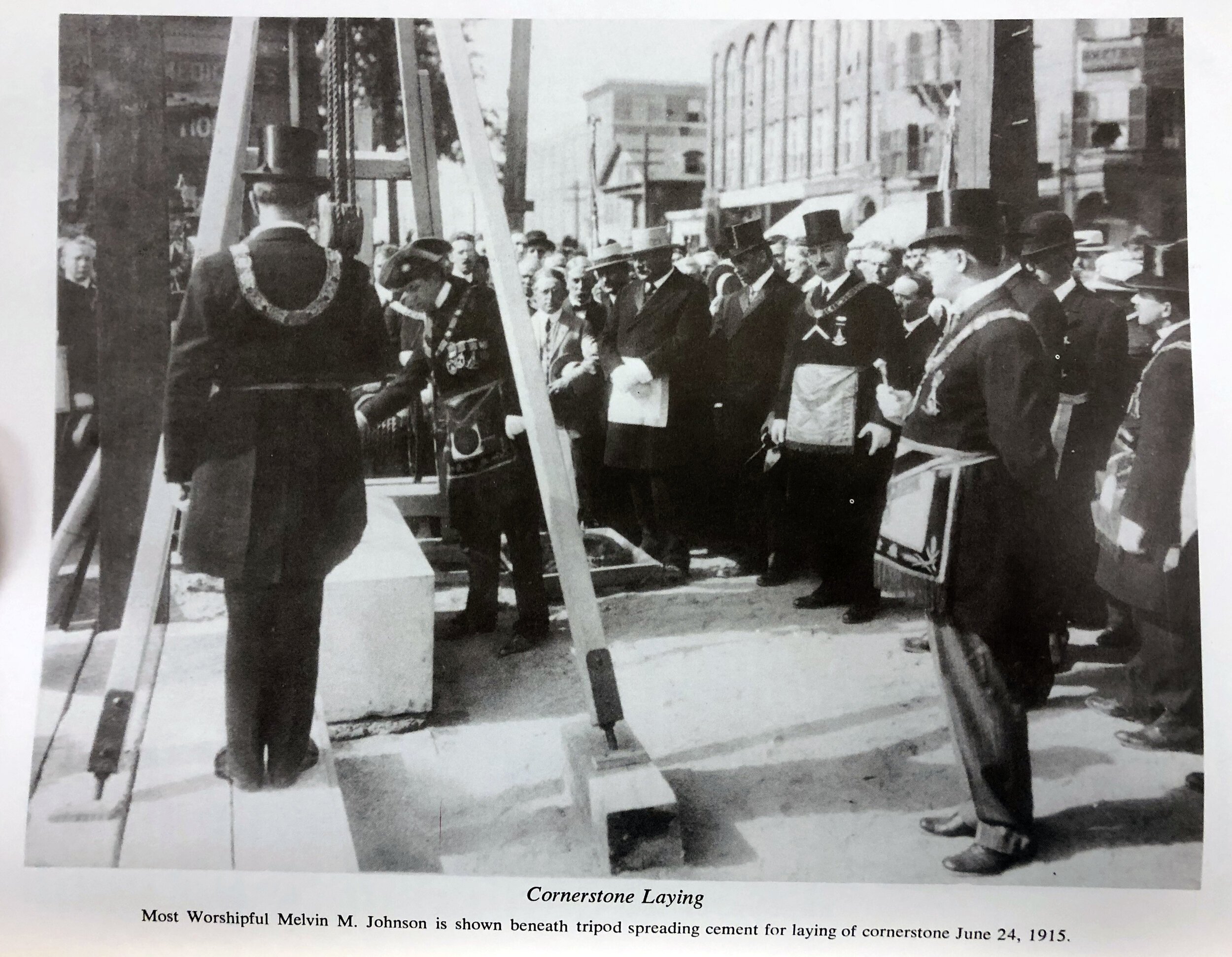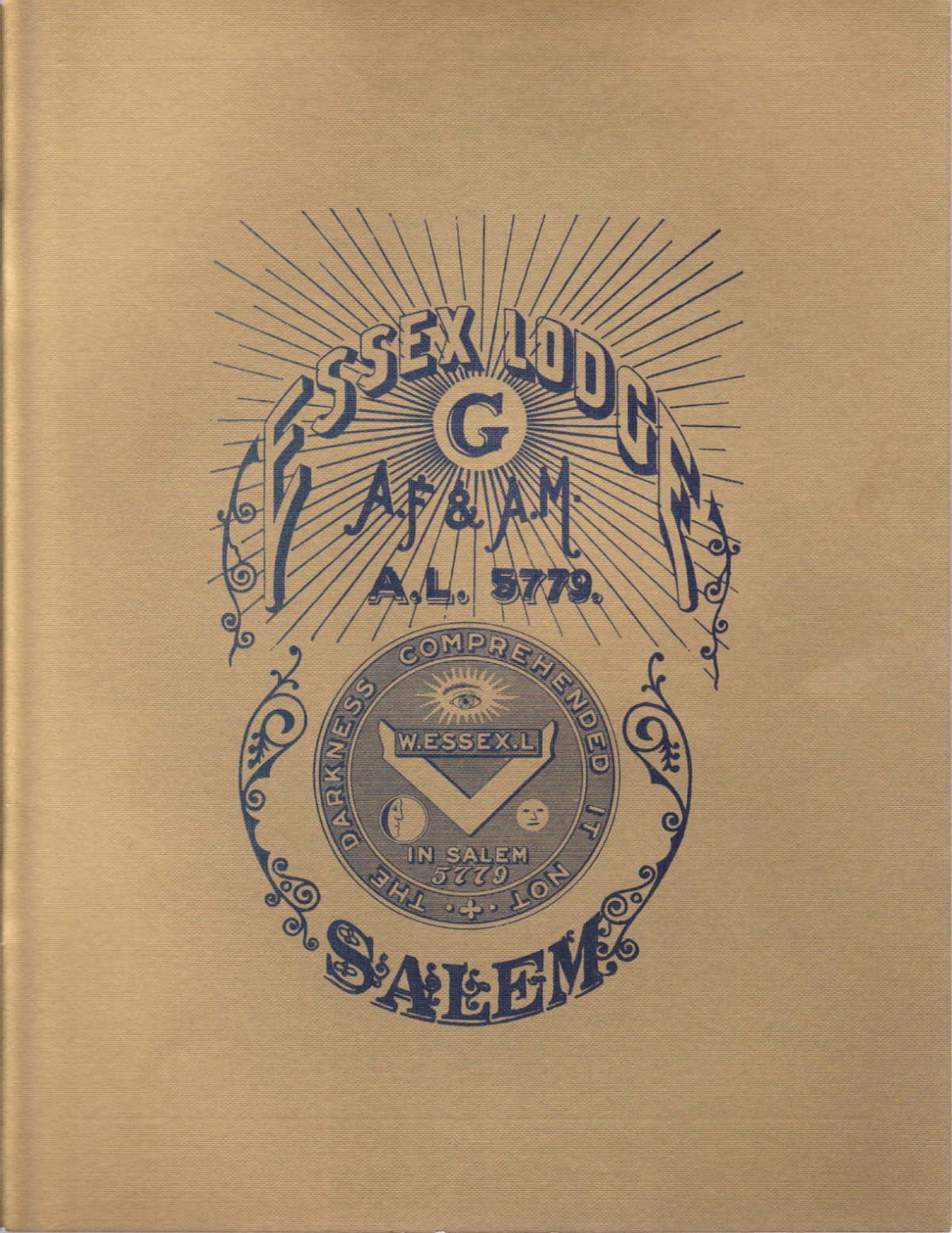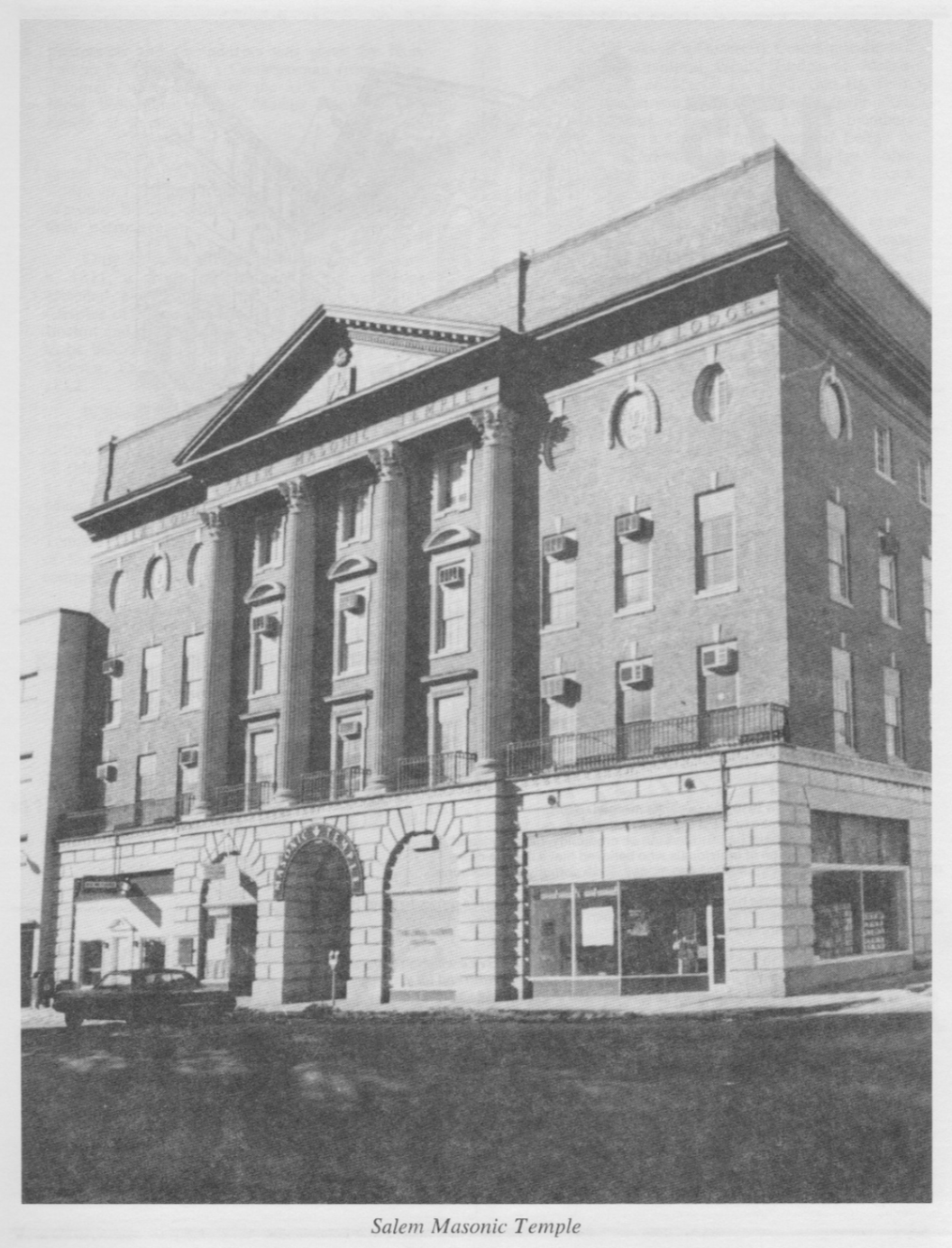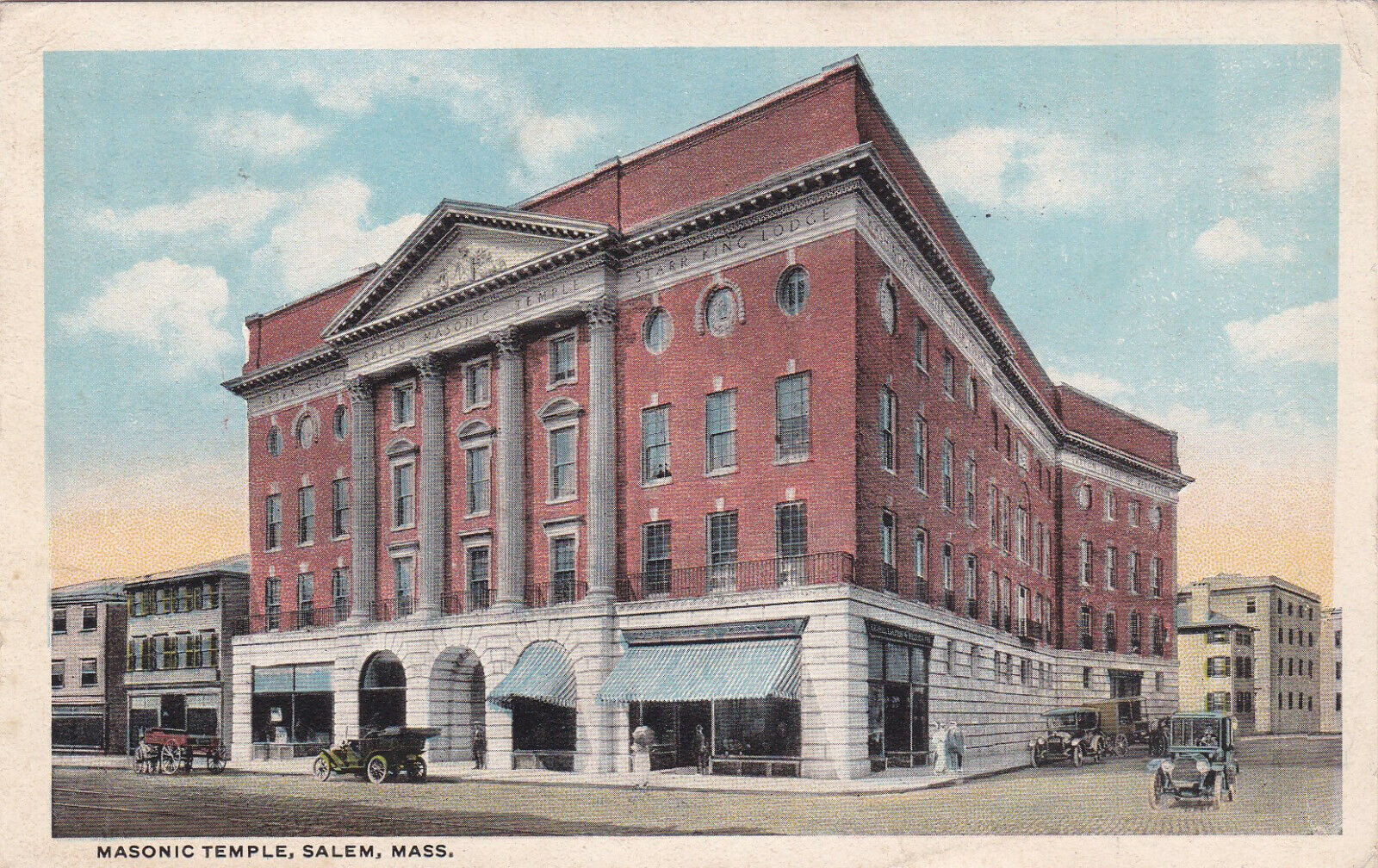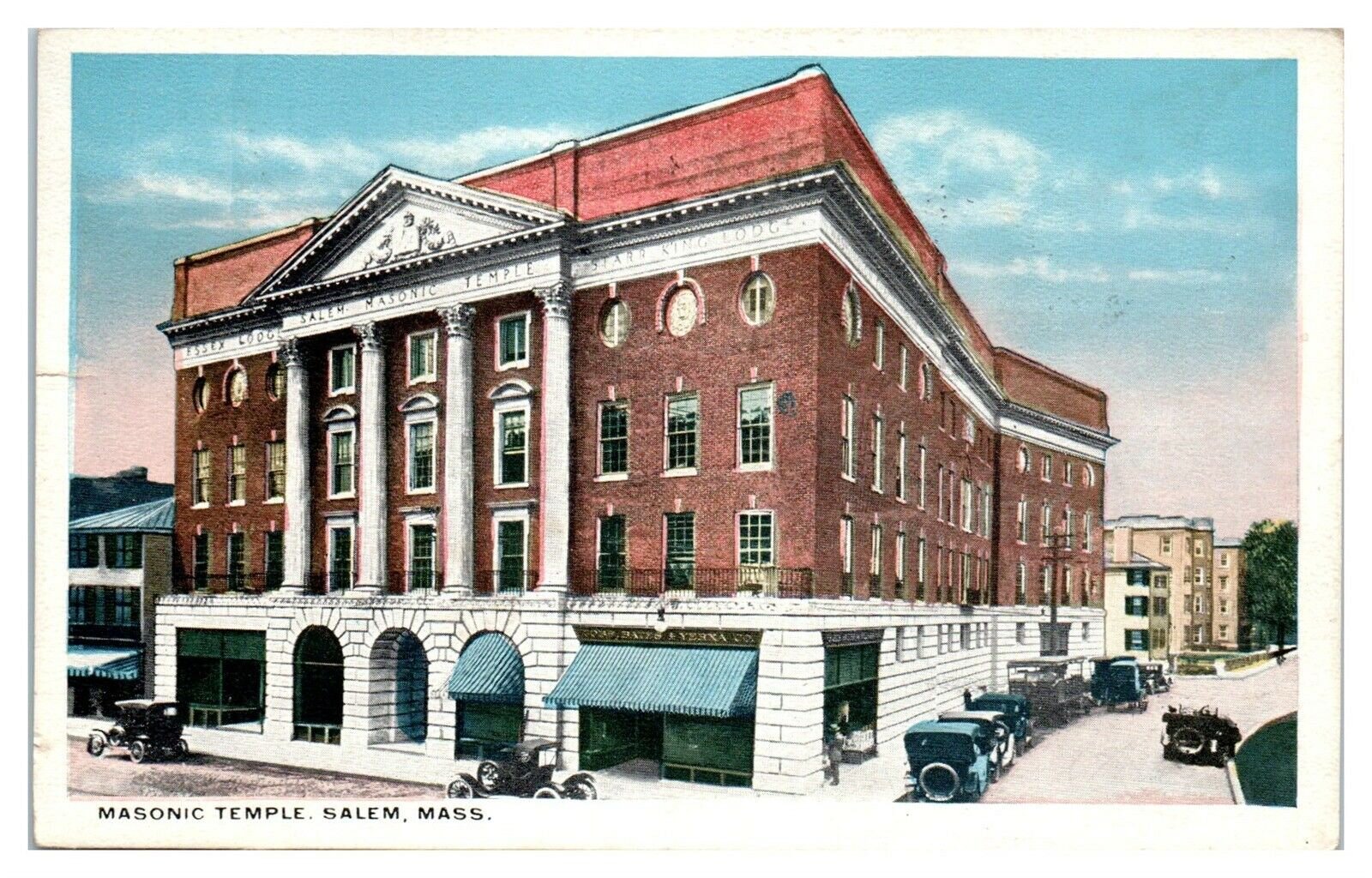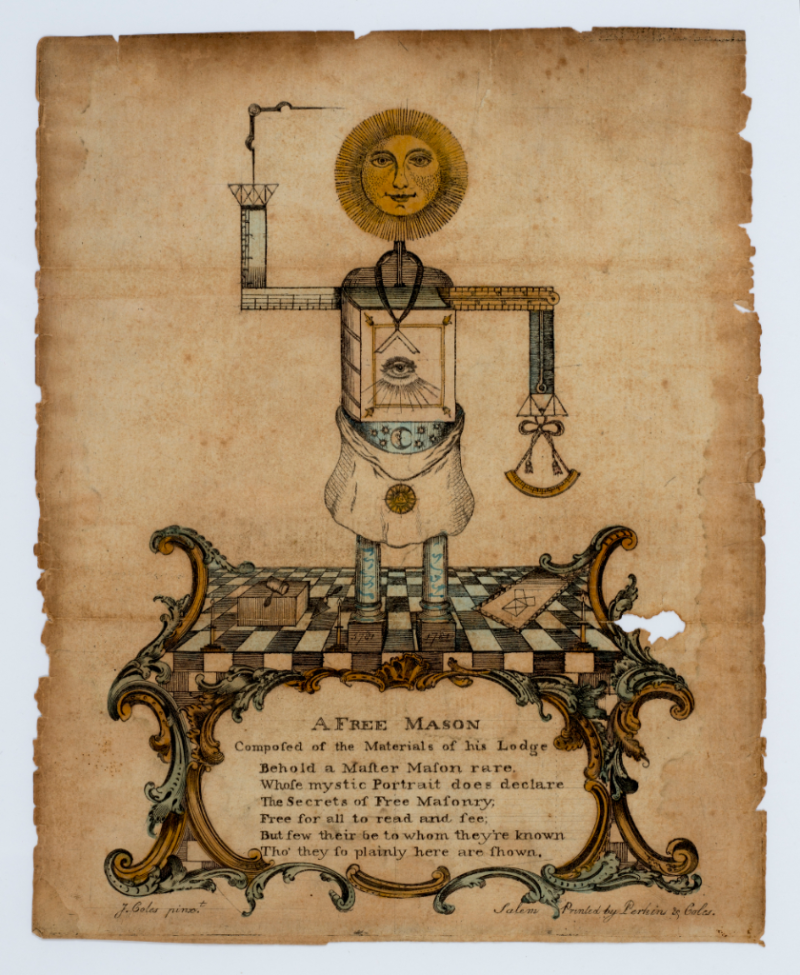Essex Lodge. Instituted in 1779 and operating within the 9th Masonic District, Essex Lodge holds a rich history of tradition, brotherhood, charity and community service.
As this Essex Lodge was constituted during the reign of King George III, it was considered an English provincial lodge and all ritual was conducted in accord with English Masonic customs. Thus the Essex Lodge seal bears the initials “A. F. & A. M.” referring to the “Ancient Free and Accepted Masons” traditions of England.
In those early days only 2 degrees were granted to members. Candidates were made Entered Apprentices and Fellow Craftsmen and then were voted members of the lodge. Most of the business was conducted on the 1st Degree. For the first few years, as was the English custom, only the Master was granted the 3rd Degree of Master Mason. Within 18 years the 3rd Degree was granted to all members.
A Tale of Two Charters
The Lodge was originally chartered as Essex Lodge #10 by The Massachusetts Grand Lodge on 03/10/1779, however. due to the fact that many of our members were men of the sea, and gone for sometimes years at a time, attendance and receipt of dues became very low. This led to non-representation at the Grand Lodge Quarterlies, and non-payment of Grand Lodge dues, and the Charter was revoked on 06/06/1788. A petition for a new charter was granted on 06/06/1791 under the name of Essex Lodge. At the Communication of 10/02/1928, Wor. Theodore B. Marsh, Master, read a communication from Grand Lodge stating that a request, made by the Lodge, that the date of the origin of the Lodge be backdated to 03/10/1779, the date of the original charter, had been granted. A notation was made on the charter, and Grand Lodge adjusted our date of presidence accordingly. Due to the Morgan Excitement, The Charter was voluntarily returned to Grand Lodge on 03/08/1837 for safe keeping, and held until 06/12/1845. Essex, along with Lodges all across the North Shore, were among the last in the Jurisdiction to surrender their Charters, and the first to reclaim them.
A Lodge is Born
The founding of a Masonic Lodge in Salem was met with some resistance and controversy.
Prior to the establishment of Essex Lodge in 1779, if the Brethren of Salem wished to attend Lodge or do any Masonic work, they were obliged to travel to United States Lodge in Danvers, a distance of 5 miles away (A long and potentially dangerous journey in 1779.) So, on Thursday 4 March 1779, local silversmith John Butler invited 13 of the Masons of Salem to his home, for the purpose of discussing the possibility of establishing a Lodge in Salem. After much deliberation, and a certain amount of libation, a petition was drafted to the Most Worshipful Joseph Webb, Grand Master of All Lodges in the Commonwealth of Massachusetts.
The following evening, the Brethren again assembled, this time at the home of auctioneer William Lang, to review and polish the petition, and also to determine the most expedient way of sending it to Boston.It was decided that it should be hand delivered to the Grand Master, and Bro. Butler and Bro George Abbot, a local trader, commenced this arduous undertaking. Upon their arrival, however, they were in for a shock. Somehow, United States Lodge in Danvers got wind of the Salemites plan, and sent their own representative in an attempt to block the establishment of the new Lodge, arguing that the chartering of a Lodge in Salem could be ruinous to the Danvers Lodge and that the Brethren from Salem would always be welcomed as members of United States Lodge. Most Worshipful Webb read the petition from Salem, and listened to the arguments on both sides, then informed those present that the matter would be discussed and debated the following Wednesday at the next regular communication of the Grand Lodge, and that all parties concerned would be notified of the decision.
Brothers Abbot and Butler returned forthwith to Salem and reported on the situation. Having heard of the actions of United States Lodge, on 9 March 1775, seven more Salem Masons drew up a petition to bolster the previous request, they not being present at the original meeting. Brother Abbot was dispatched post hast with the new document, and got it to the Grand Master just as the Grand Lodge communication was about to begin. After a good deal of debate, it was decided that a Charter would be granted to the Salem Brethren, and a new Lodge know as Essex Lodge #10 would be formed and empowered to work. The documents were signed and the Grand Lodge Seal affixed on the 10th day of March, A. D. 1779, A. L. 5779. A letter was immediately dispatched thanking the Grand Lodge, and authorizing Bro. William Carlton, Master and Commander of the privateer sloop Black Snake, to act as the Lodge's agent to receive the Charter and any other edicts or instructions that the Grand Lodge might wish pass on. he arrived at Boston on 12 March 1779, paid thirty pounds to the Grand treasurer for the Charter, six pounds to the Grand Clerk for engrossing, along with an additional three pounds for the cost of the vellum and ink. With that, Essex Lodge #10, Salem, Massachusetts, was born!.
With Charter in hand, the Lodge held its first Lawful and Regular meeting on the night of 14 March 1779, at Bro. Butler's home. Brother Robert Foster, blacksmith and Captain of Militia, best known for holding Col. Alexander Leslie and 250 British troops at bay at the North Bridge on 26 February 1775, preventing them from capturing the cannon that he had been fitting out with gun carriages, was chosen as moderator until such time that a regular election of officers could be held. However, there would be one last, feeble attempt to strangle the infant Lodge in its cradle.
In late March, a letter from United States Lodge arrived. Expecting warm fraternal greetings, instead it contained a proposition. If Essex Lodge would return their newly awarded Charter, United States Lodge would absorb their members, transfer their Charter, Lodge name and number, and By-laws from Danvers to Salem. The range of reactions went from insulted to amused. A polite letter of refusal was drafted, and a committee of five, Brothers Robert Foster, George Abbot, Ebenezer Winship, William Lang, and James Eaton, was formed to deliver it to the Danvers Lodge, along with our fraternal good wishes and a pledge of eternal Brotherly friendship.
Cordially and Fraternally,
Wor. Bro. Bob Simoneau
Lodge Historian
Essex Lodge A.F.&A.M.
Salem, MA


